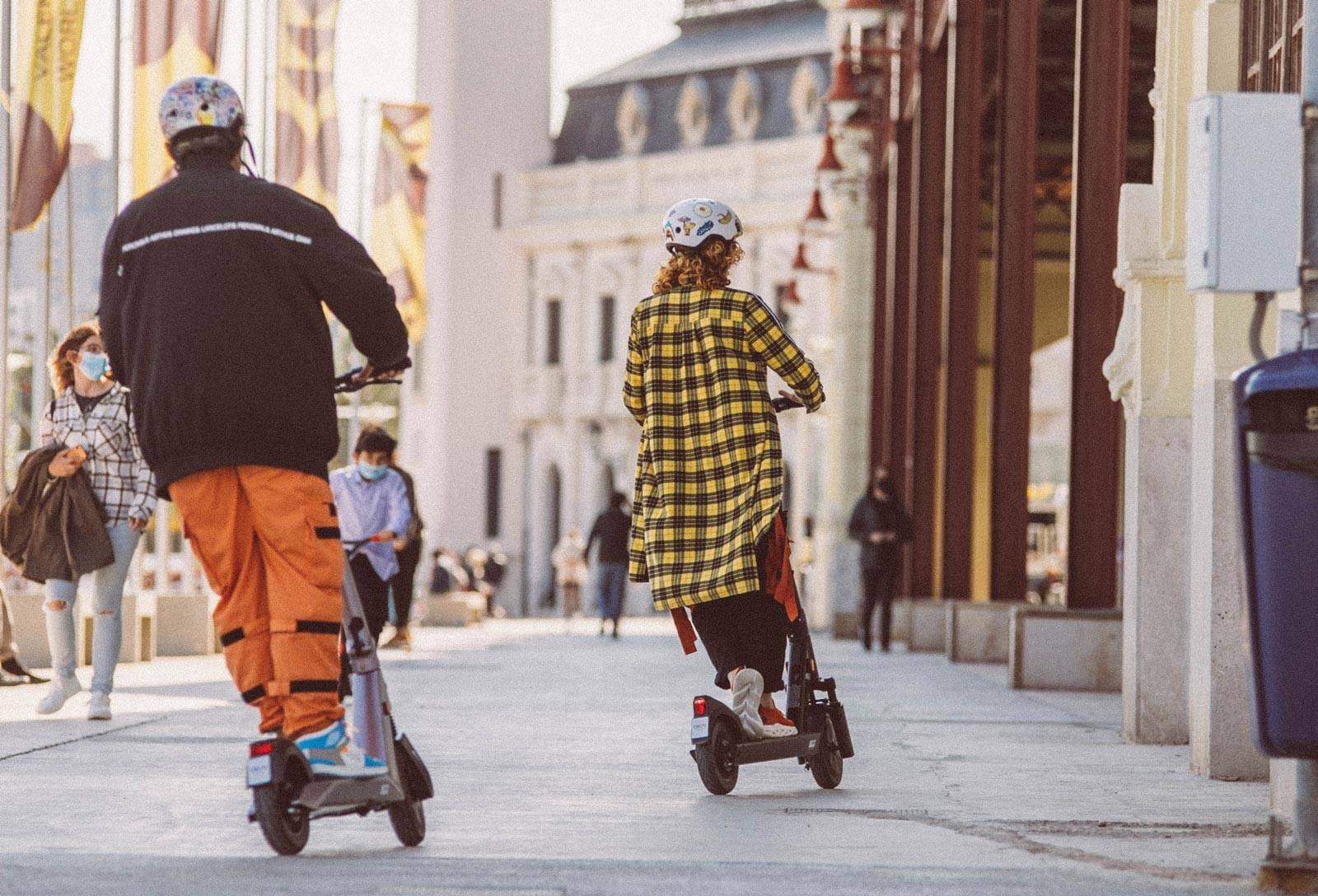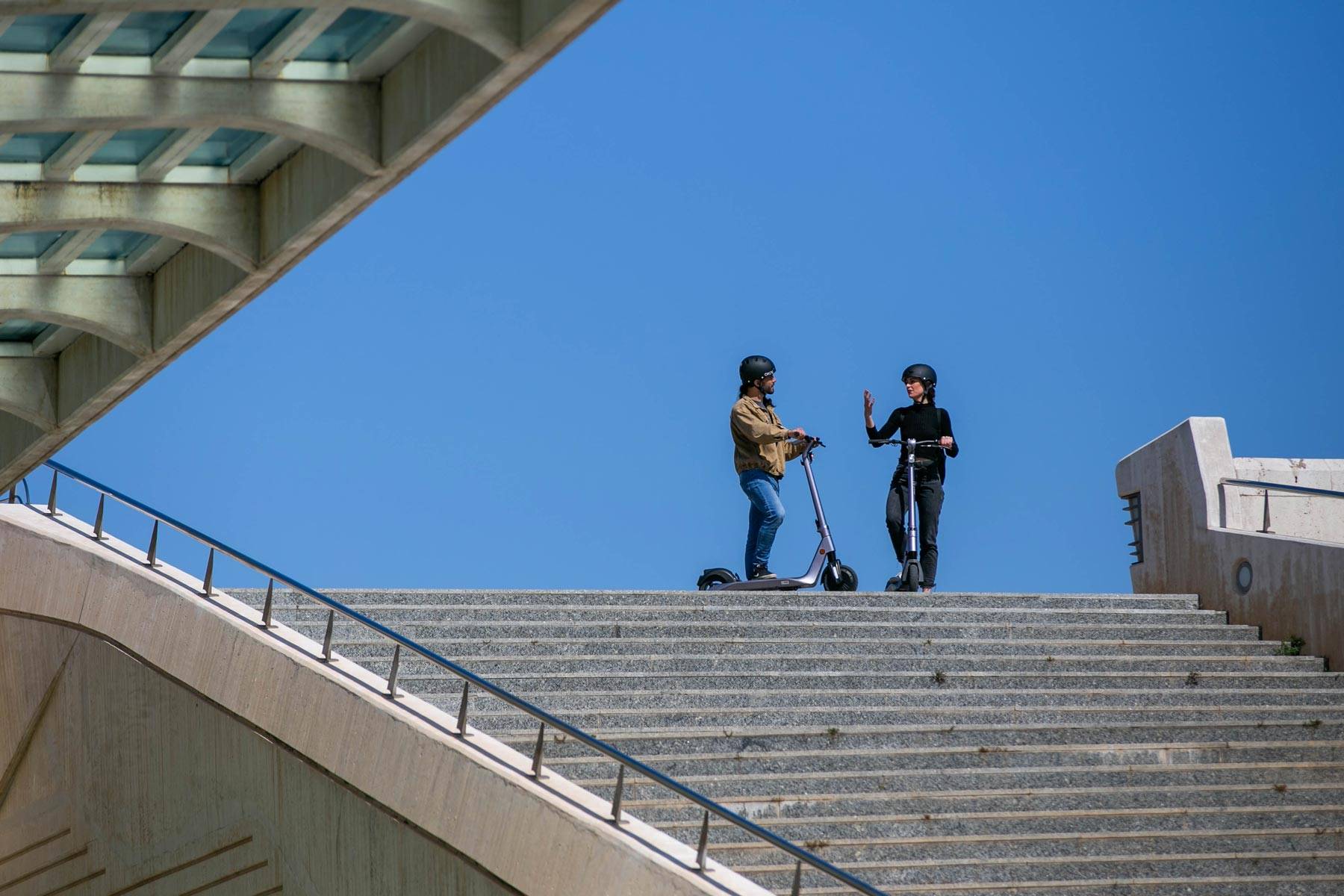It’s not just your imagination, cars really are getting bigger—and more dangerous. Streetsblog investigates America’s “megacar” crisis, or the growing flood of multi-ton SUVs, vans, trucks, and other supersized vehicles on the road, and the unique hazards they pose to pedestrians. “Today, megacars account for a staggering 75.9 percent of new car sales—a number that’s up from 53 percent just eight years ago, and that experts expect to grow, despite the fact that people on foot are up to three times more likely to be killed when struck by the drivers of such vehicles.”
In the 1950s and 1960s, the emergence of freeways radically reshaped countless cities, when walkable downtown neighborhoods were bulldozed to make way for more cars. The New York Times is out with an interactive feature that reveals how the post-war highway boom carved up many urban communities and examines whether highway removal projects could heal these scars and improve life for residents.
In the wake of Covid-19, city leaders all over the world are wondering how to revive sagging transit ridership and help struggling low-income residents. One novel solution being embraced by some communities is to simply make transit free for everyone to ride. Scrapping fares certainly sounds like a great idea. (After all, who doesn’t like free stuff?) But as Slate points out, it could have unintended consequences for bus and train networks down the line. Without fare revenue to rely on, public transit operators might be forced to slash service, leaving riders stranded.
Wired looks at how Oakland reinvented urban planning to tackle the pandemic. Like many communities, the Californian city acted swiftly to restrict car use in the early days of the crisis, opening up streets so people could exercise, socialize, and dine outdoors. But to the surprise of Oakland’s leaders, the public’s initial response was not positive, especially in less affluent neighborhoods. In response, transportation officials embarked on a listening tour, soliciting extensive feedback from residents on how the slow streets pilot could be improved. Based on their input, Oakland then pivoted from a strategy that centered on road closures, to one that focused more broadly on livability and safety. Said one local transit advocate: “It’d be nice if the public sector was allowed to try and fail the way that tech companies do. I think the taxpayer would get a lot more out of it.”
Wondering why everything from bicycles to lumber is in such short supply these days? The New York Times delves into “Just in Time” manufacturing, the global business practice of delivering parts to factories no sooner than they are needed, and how it led to acute shortages of many goods in the last year. “From fashion to food processing to pharmaceuticals, companies have embraced Just In Time to stay nimble, allowing them to adapt to changing market demands, while cutting costs. But the tumultuous events of the past year have challenged the merits of paring inventories, while reinvigorating concerns that some industries have gone too far, leaving them vulnerable to disruption.”


